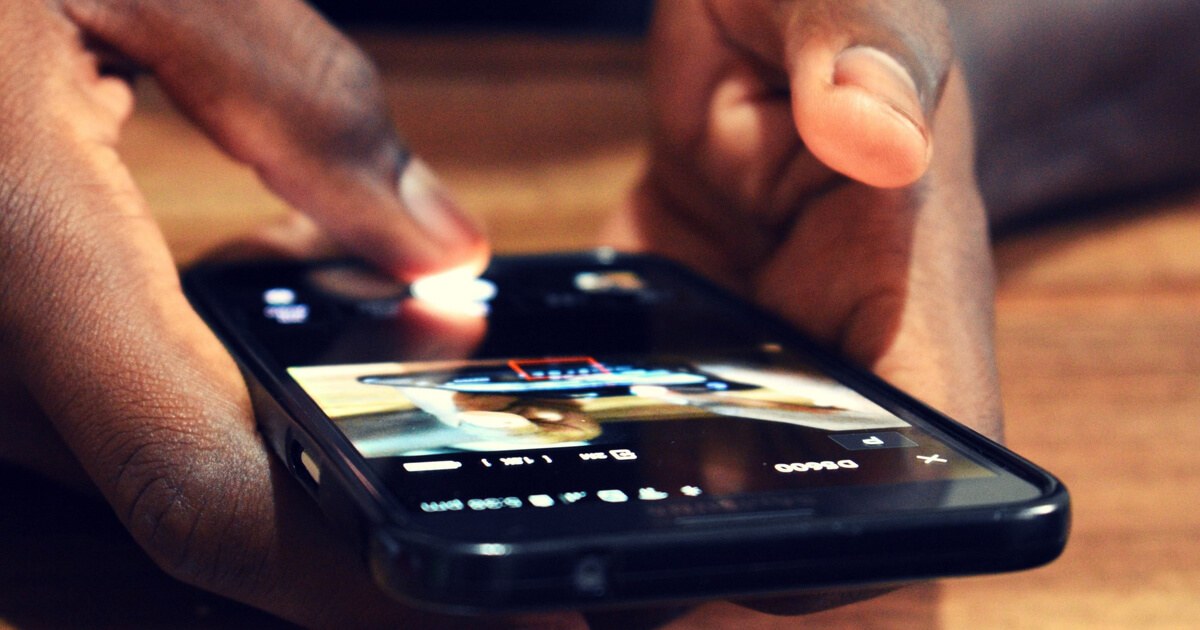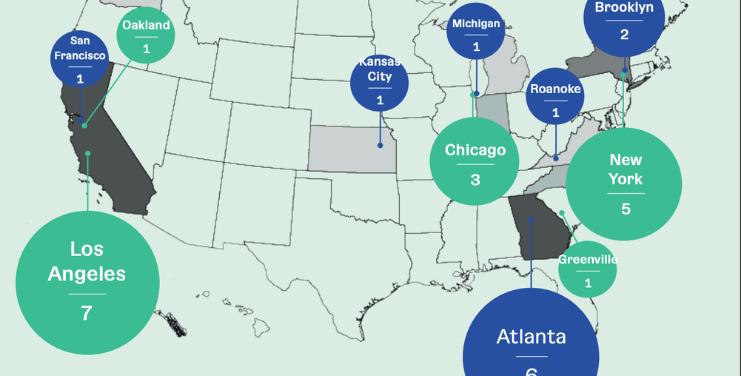KEY INSIGHTS
- The Global Encryption Coalitions advocates for encryption adoption for online privacy and security
- People of color make up 9 percent of minority workers in the U.S. Cybersecurity workforce
- China is investing $2 billion towards Africa’s digital infrastructure
Encryption is the process of making messages or files unreadable by anyone except for people who have a key or password to decrypt them by encoding files to another form that can be reversed back by authorized parties with the access information.
In the U.S., Black people experience cybersecurity threats as more organizations work to diversify their workforce and increase the number of Black employees.
People of color make up 9 percent of the U.S. cybersecurity workforce, according to ISC2, a nonprofit that conducts extensive cyber workforce surveys. Non-white professionals hold 23 percent of cybersecurity leadership roles.
The ISC2 notes that the U.S. leads for the number of women working in cybersecurity as women make up 14 percent of the cybersecurity workforce. Black women cybersecurity workers make up 17 percent of the workforce, exceeding the overall female representation. Despite this, Black women earn slightly less than male colleagues, $115,000 on average compared to Black men ($120,000) and white men ($124,000).
The lack of diversity in the U.S. cybersecurity workforce makes it difficult to identify and address threats, innovate and meaningfully cooperate with partners for underserved communities. In 2016, The United States Department of Homeland Security had immediate hire career fairs to improve diversity hiring, working with 156 job offers in the first event.
The spread of disinformation impacts cybersecurity opportunities for Black professionals and has brought the need to address race to the forefront. The information of disenfranchised individuals was used during the 2016 Presidential elections to sew social discord.
Russian trolls are breaching African countries like Ghana and Nigeria’s state cybersecurity to launch disinformation campaigns. A CNN investigation found one of the Ghanaian houses where they make posts on American issues.
While encryption protection has garnered support from nations and individual companies, there is division on the role it plays in cybersecurity.
One Hundred and sixty-eight organizations have signed the Global Encryption Day statement in support. Among the organizations was the Africa Media and Information Technology Initiative (AfriMITI), an organization revolutionizing the media industry in the information technology field.
In honor of Global Encryption Day, the Collaboration on International ICT Policy for East and Southern Africa (CIPESA) published a policy brief that covers encryption restrictions and what African governments need to do for encryption promotion.
The briefing highlights legislation concerns that require registration and licensing of encryption service providers before they can offer cryptographic services. Offering encryption services without the proper license leads to penalties that countries like Ethiopia, Chad and many other African countries have to deal with.
AfriMITI joined in encryption advocacy with the hashtag EncryptionDay. The African Declaration on Internet Rights and Freedoms Coalition, a Pan-African initiative to promote human rights standards and openness in Internet policy production, signed the statement rejecting efforts to undermine encryption.
The UN Human Rights Council communicated the importance of encryption and privacy rights in their latest resolution on privacy in the digital age. In June 2015, the UN Special Rapporteur on freedom of opinion and expression released a report on how encryption is crucial to freedom of expression. The report also explores anonymity linked to the right to privacy.
Minorities need encryption to protect themselves from cyber threats and connect with other marginalized individuals in a safe space, according to surveillance experts. Experts like Matt Mitchell, founder of CryptoHarlem, a company teaching encryption and digital security to African Americans in urban areas, analogized how people use cars to rob banks, but people also use cars to go on vacation.
Globally companies are introducing new programs and tools to bring better cybersecurity practices to minority groups and communities. However, the U.S. is lagging behind in enforcing more opportunities for Black professionals in cybersecurity.
China is investing $2 billion dollars in digital infrastructure in Africa and the Caribbean and playing a larger role in regional and multilateral bodies. These actions are shifting influence away from Europe and the United States.
Dismantling systemic racism takes every race, creed and intellect. Supporters of diversifying the industry have used lobbying and protest to spread awareness, according to a Council in Foreign Relations (CFR) report. Companies can apply inclusion groups in rebuilding anti-racism and diversity into technology policy, software development and cybersecurity tool deployment. For instance, Google’s product inclusion team worked to introduce Google’s 2016 virtual assistant software.
Global encryption adoption is on the rise, but more diversity in the cybersecurity workforce and usage can provide representation that aligns with the U.S population and quell the unique challenges Black communities face.
Sponsored Series: This reporting is made possible by the The Ewing Marion Kauffman Foundation
The Ewing Marion Kauffman Foundation is a private, nonpartisan foundation based in Kansas City, Mo., that seeks to build inclusive prosperity through a prepared workforce and entrepreneur-focused economic development. The Foundation uses its $3 billion in assets to change conditions, address root causes, and break down systemic barriers so that all people – regardless of race, gender, or geography – have the opportunity to achieve economic stability, mobility, and prosperity. For more information, visit www.kauffman.org and connect with us at www.twitter.com/kauffmanfdn and www.facebook.com/kauffmanfdn.








